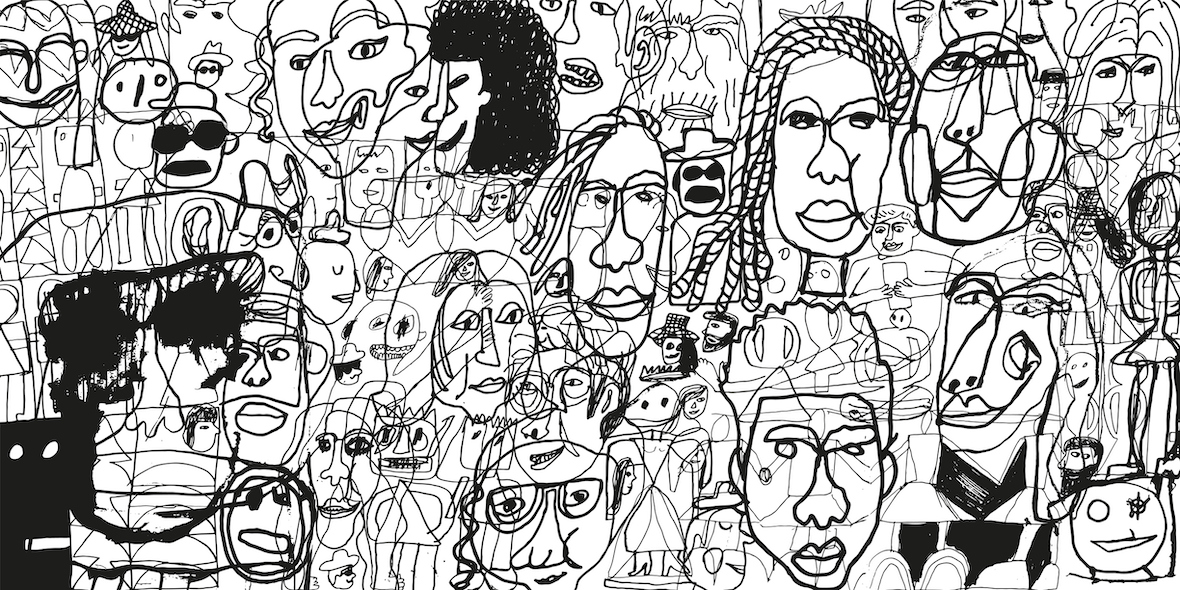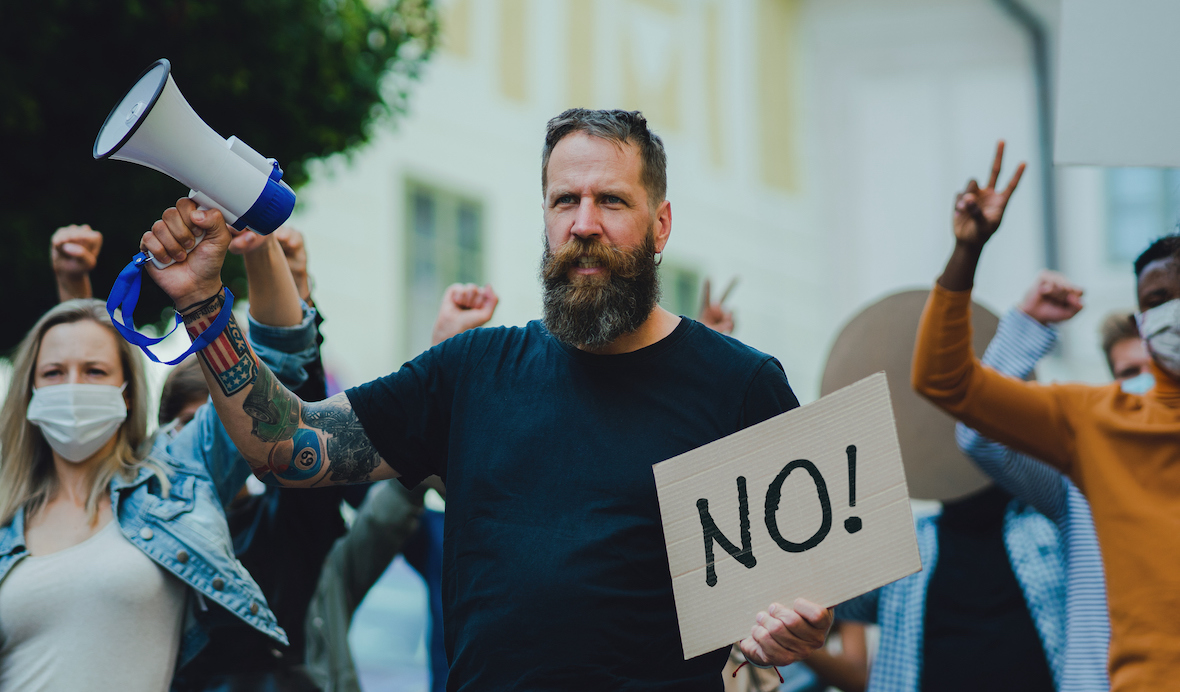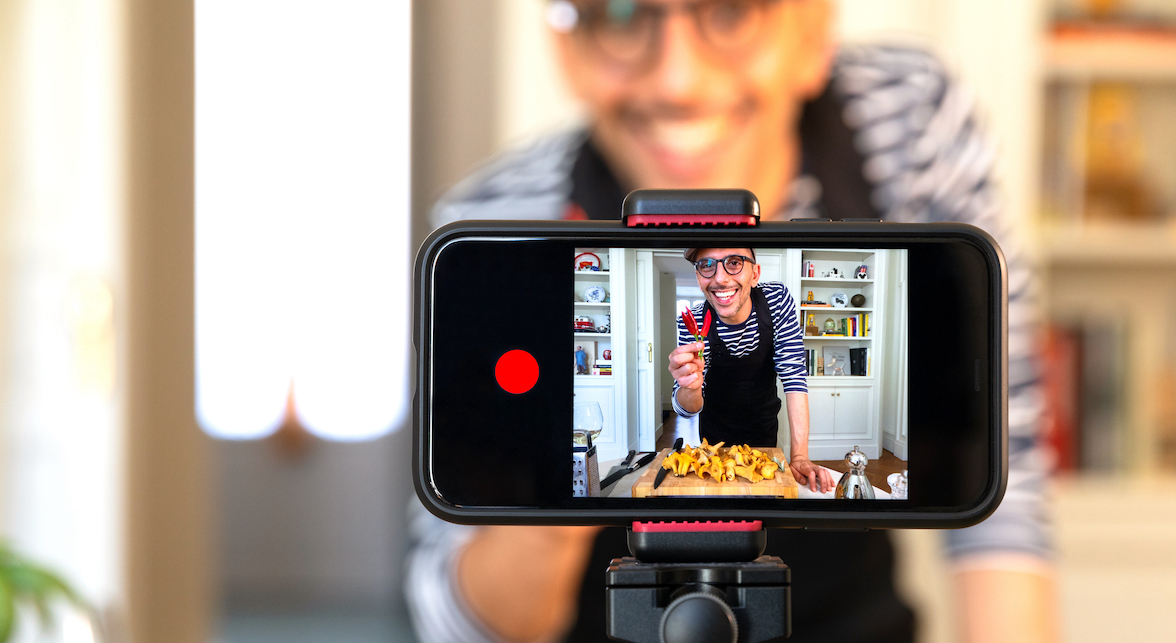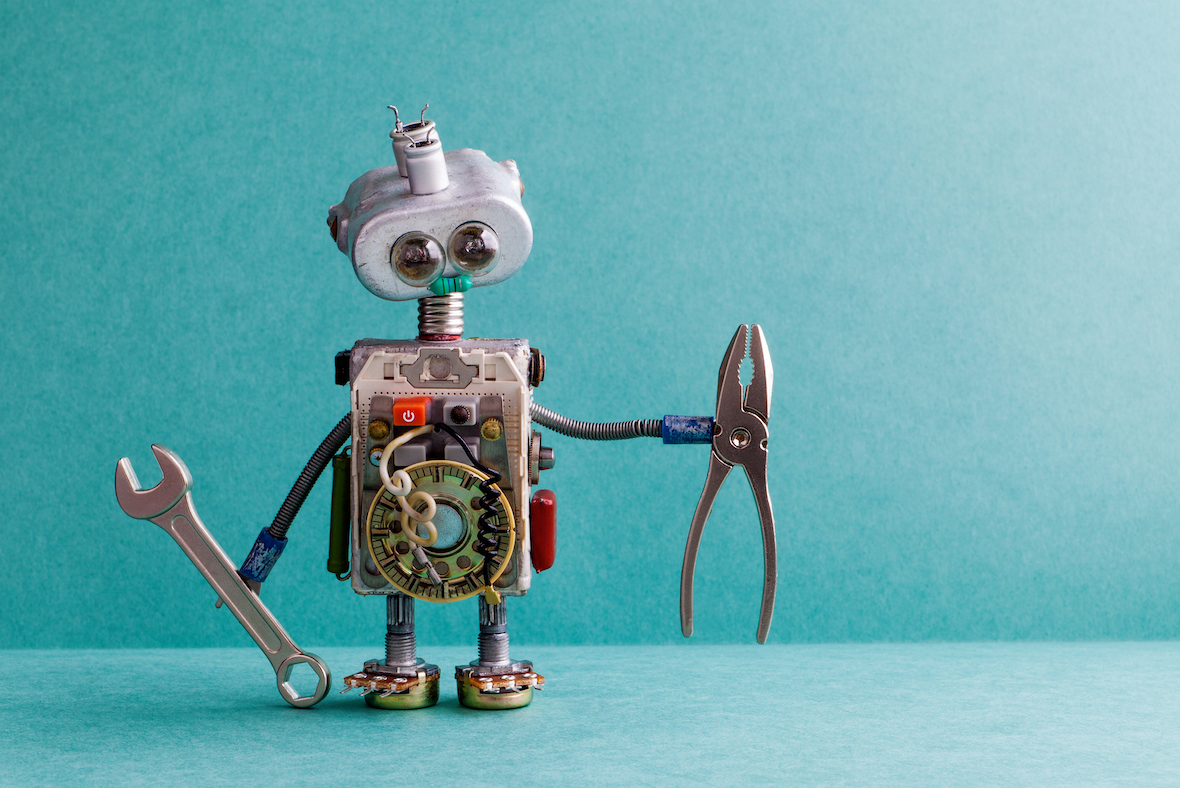
Why we really need to be able to fix our stuff
We all have things that are broken around our homes. Old iPhones, microwaves, fridges, washing machines or everyday consumer devices, such as our fitbits, tablets and computers. If we can’t fix them, they usually end of going into the rubbish and then ending up as landfill. Did you know that there are over 140,000 tonnes of e-Waste generated by Australians every year?
